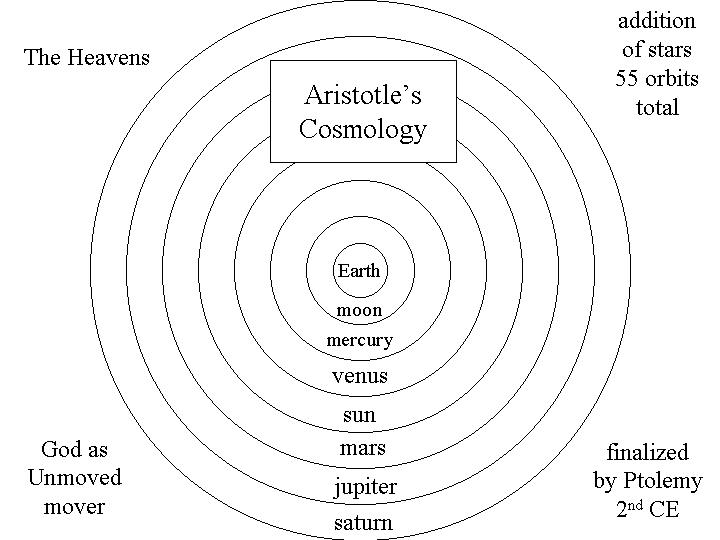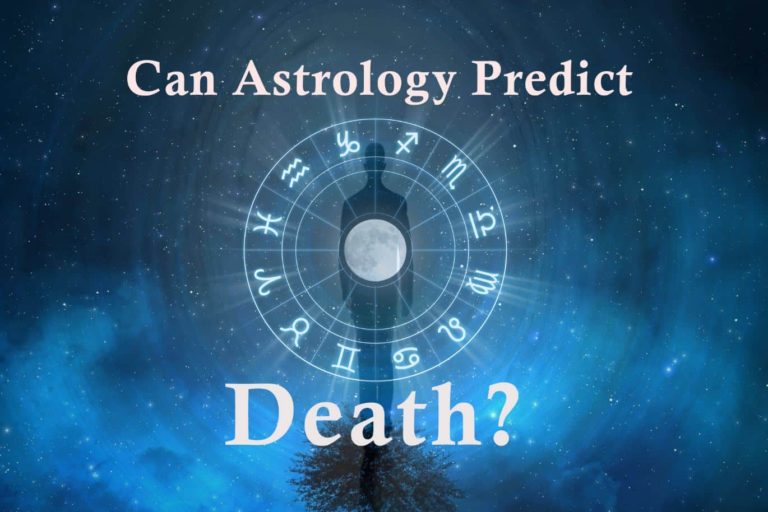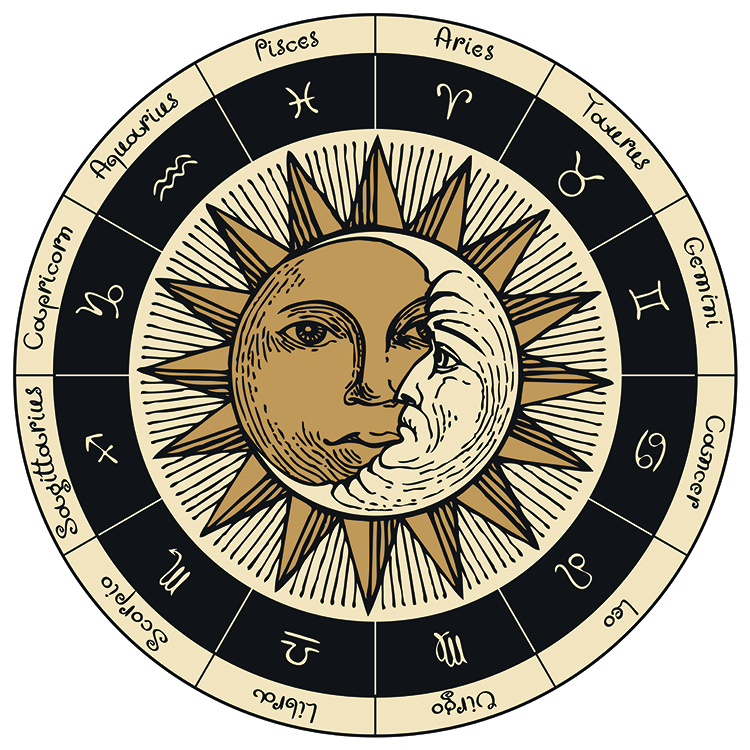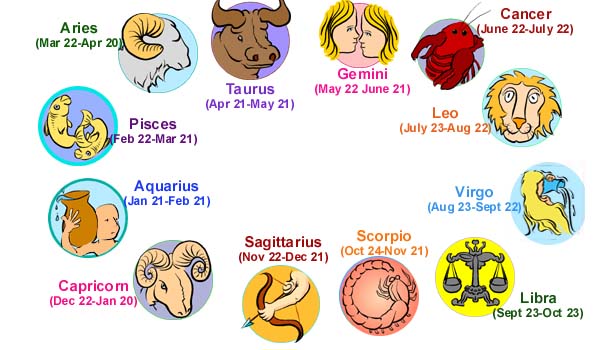Did Socrates believe in Astrology?
Introduction
Socrates, the ancient Greek philosopher, was widely recognized for his emphasis on ethics and his unwavering commitment to the pursuit of knowledge. His teachings and ideas have been studied and analyzed for centuries, and his influence can still be felt in modern-day philosophy.
However, there has been some speculation about Socrates’ beliefs on astrology. While there is no definitive answer to this question, it is interesting to explore the possible connections between Socrates’ philosophy and astrology.
Astrology was a popular topic during Socrates’ time, and it is possible that he may have been exposed to some of its ideas. Some scholars suggest that his interest in the natural world and his fascination with the stars may have led him to explore the concepts of astrology.
On the other hand, there are also arguments that suggest that Socrates may not have been a believer in astrology. For example, his emphasis on rational thought and his rejection of superstition may have conflicted with some of the core principles of astrology.
Despite the lack of a clear answer, exploring the topic of Socrates and astrology can provide a fascinating glimpse into the mind of one of history’s most revered philosophers. By examining the possible connections between his philosophy and astrology, we can gain a deeper understanding of his beliefs and the context in which he lived.
What is Astrology?
Before we dive into Socrates’ views on astrology, let’s first define what astrology is. Astrology is the study of the movements and relative positions of celestial bodies, interpreted as having an influence on human affairs and the natural world. Astrology has been practiced for thousands of years and has been an important part of many cultures throughout history.
Ancient Greece and Astrology
Astrology played a very important role in ancient Greek culture. The Greeks believed that the positions of celestial bodies, such as the stars and planets, had a significant influence on human affairs. They were convinced that at the moment of a person’s birth, the positions and alignments of these celestial bodies could reveal critical information about their personality, their future, and their destiny. This belief in astrology was not just limited to the Greeks, but was also prevalent in other ancient cultures such as the Babylonians, Egyptians, and Romans. In fact, many people today still follow the principles of astrology, using it as a tool to gain insight into their own lives and the world around them. Despite its widespread popularity, however, astrology remains a controversial subject, with some dismissing it as pseudoscience while others maintain its validity.
Socrates and Astrology
So, what did Socrates think about astrology? Unfortunately, there is no clear answer to this question. While Socrates did not write any books or papers on the subject, there are a few clues that can help us understand his beliefs better.
One possible clue is found in Plato’s dialogue, the Republic. In the dialogue, Socrates mentions that some people believe that the positions of the stars and planets have an influence on human affairs. However, he does not go into detail about his own beliefs on the subject, leaving much room for interpretation and speculation.
Another possible clue can be found in the fact that Socrates was known for his emphasis on rationality and skepticism. He often questioned commonly held beliefs and encouraged his students to think critically about the world around them. It is possible that he would have been skeptical of astrology, seeing it as a superstitious belief without any scientific basis.
It’s also worth noting that astrology was not a widely accepted practice during Socrates’ time. While it is possible that some people believed in it, it was not a mainstream belief. Therefore, it is difficult to say for sure what Socrates’ exact views on the matter were.
Despite the lack of concrete evidence, it is clear that Socrates was a thinker who valued reason and critical thinking. It is likely that he approached the subject of astrology with a healthy dose of skepticism and a desire to understand the world around him through rational means.
Astrology Today
Despite the lack of clear evidence about Socrates’ views on astrology, the practice continues to be popular today. Many people still believe that the positions of the stars and planets can reveal important information about their lives and their futures.
If you are interested in exploring astrology further, there are many resources available to you. You can consult with a professional astrologer, read books on the subject, or explore online resources. Keep in mind that astrology is not a science, and its accuracy and validity are often debated.
Practical Applications
While astrology is often considered a pseudoscience, it has the potential to be a valuable tool for personal development and introspection. Through exploring your astrological chart and examining the positions of the stars and planets at the moment of your birth, you can gain valuable insights into your personality, strengths, and areas for improvement.
In addition to the practical tips already mentioned, there are numerous ways to incorporate astrology into your daily life and continue to use it as a tool for growth. For example, you might consider regularly reading horoscopes and reflecting on how they resonate with your experiences and emotions. You could also join an astrology group or community to engage in discussions and share insights with like-minded individuals.
Another way to deepen your understanding of astrology is to study the history and cultural significance of astrological practices. By learning about the origins of astrology and how it has been used throughout history, you can gain a broader perspective on its potential applications and implications.
Finally, remember that astrology is a highly personal and subjective practice, and there is no one “right” way to approach it. Trust your intuition and explore different methods until you find the ones that work best for you. With patience and an open mind, astrology can be a powerful tool for personal growth and self-discovery.
Conclusion
While we may never know for sure what Socrates thought about astrology, we can still explore the topic and learn more about this ancient practice. Whether you believe in astrology or not, it is an interesting and fascinating subject that has been an important part of many cultures throughout history.
So, the next time you look up at the stars, take a moment to consider the mysteries and wonders of the universe, and how they may be influencing your life.
References
- Plato, “The Republic”
- “Astrology,” Encyclopædia Britannica
- “Astrology: What It Is and How It Works,” Live Science
Auto Amazon Links: No products found. http_request_failed: A valid URL was not provided. URL: https://ws-na.amazon-adsystem.com/widgets/q?SearchIndex=All&multipageStart=0&multipageCount=20&Operation=GetResults&Keywords=Law+of+Attraction&InstanceId=0&TemplateId=MobileSearchResults&ServiceVersion=20070822&MarketPlace=US Cache: AAL_cb68273ba119cf3d26adcaaf85f3e24c





